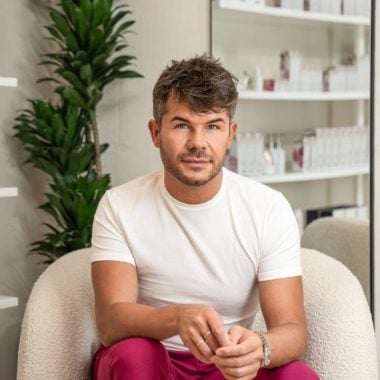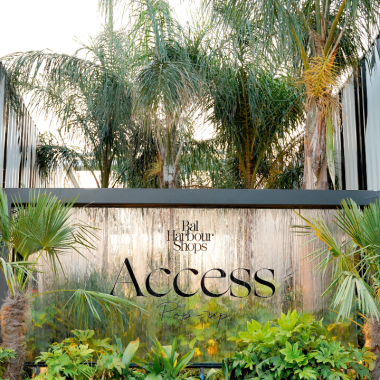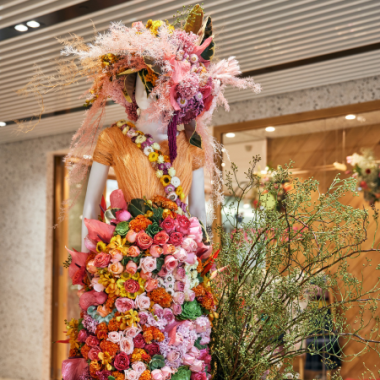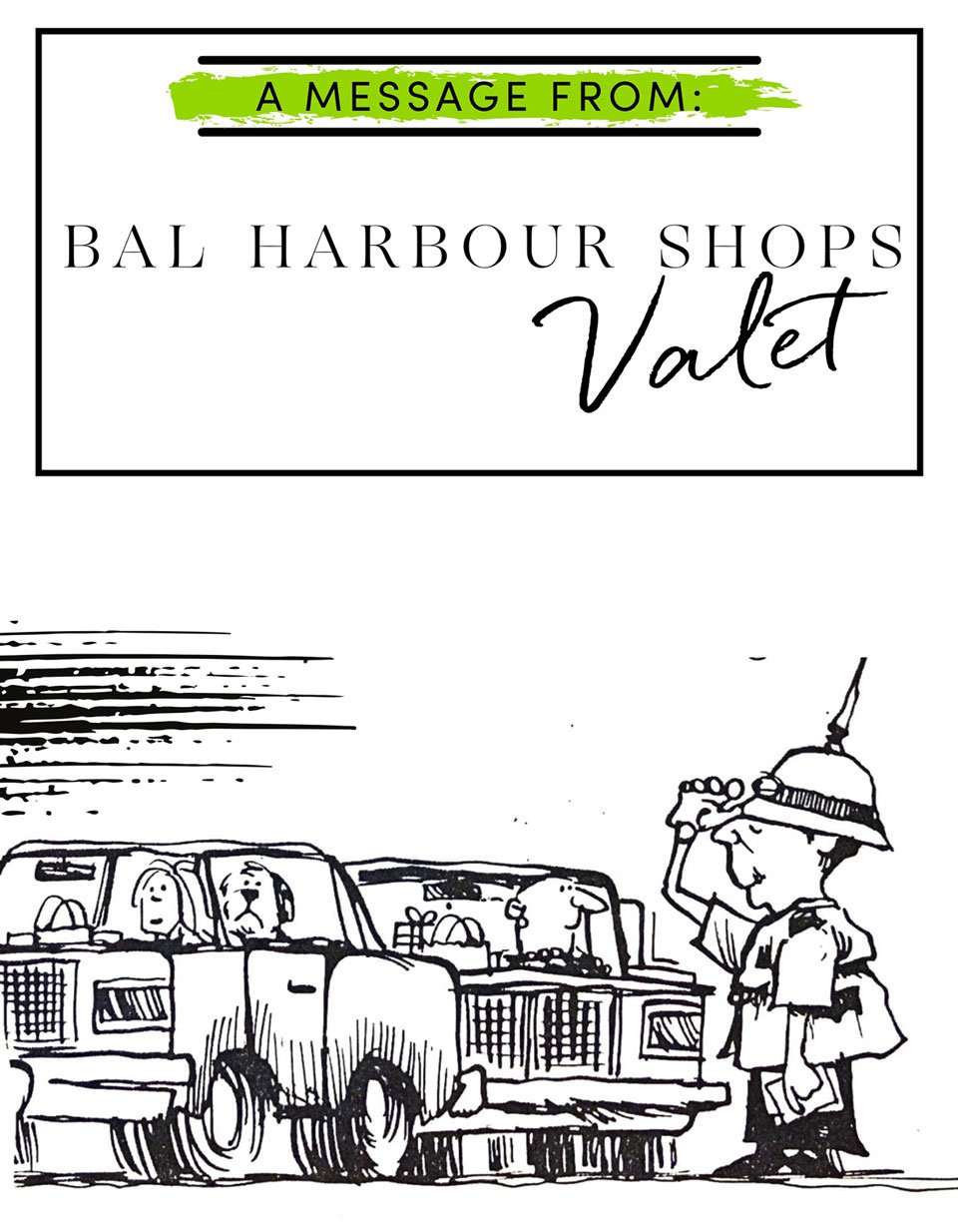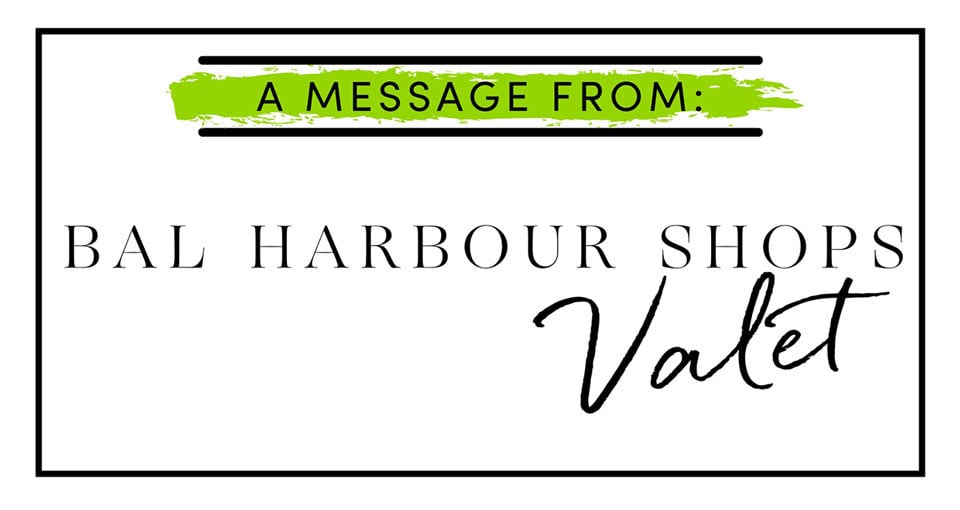By Samantha Brooks
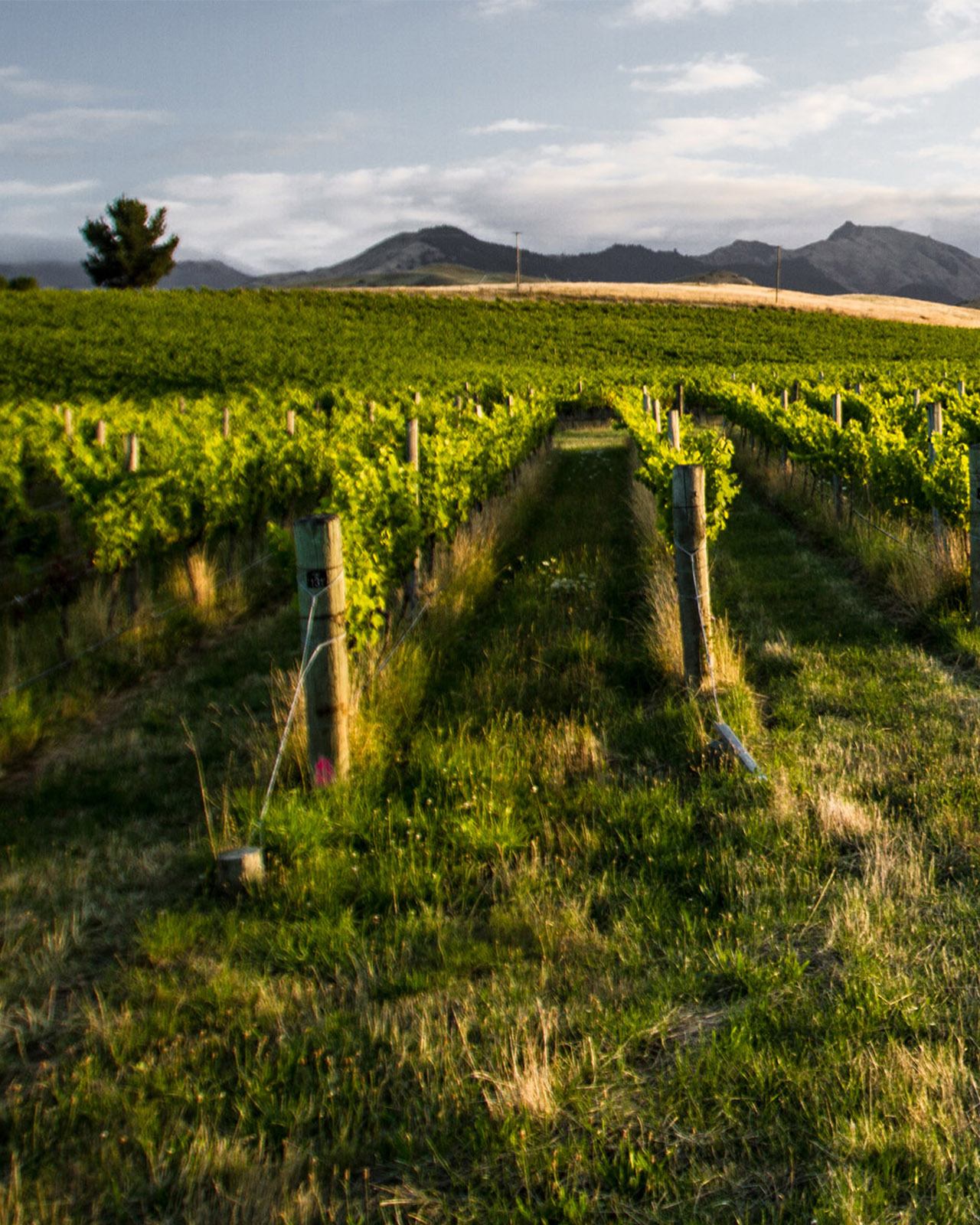
Seresin has been producing sustainably grown wine in Marlborough, New Zealand for the last 25 years.
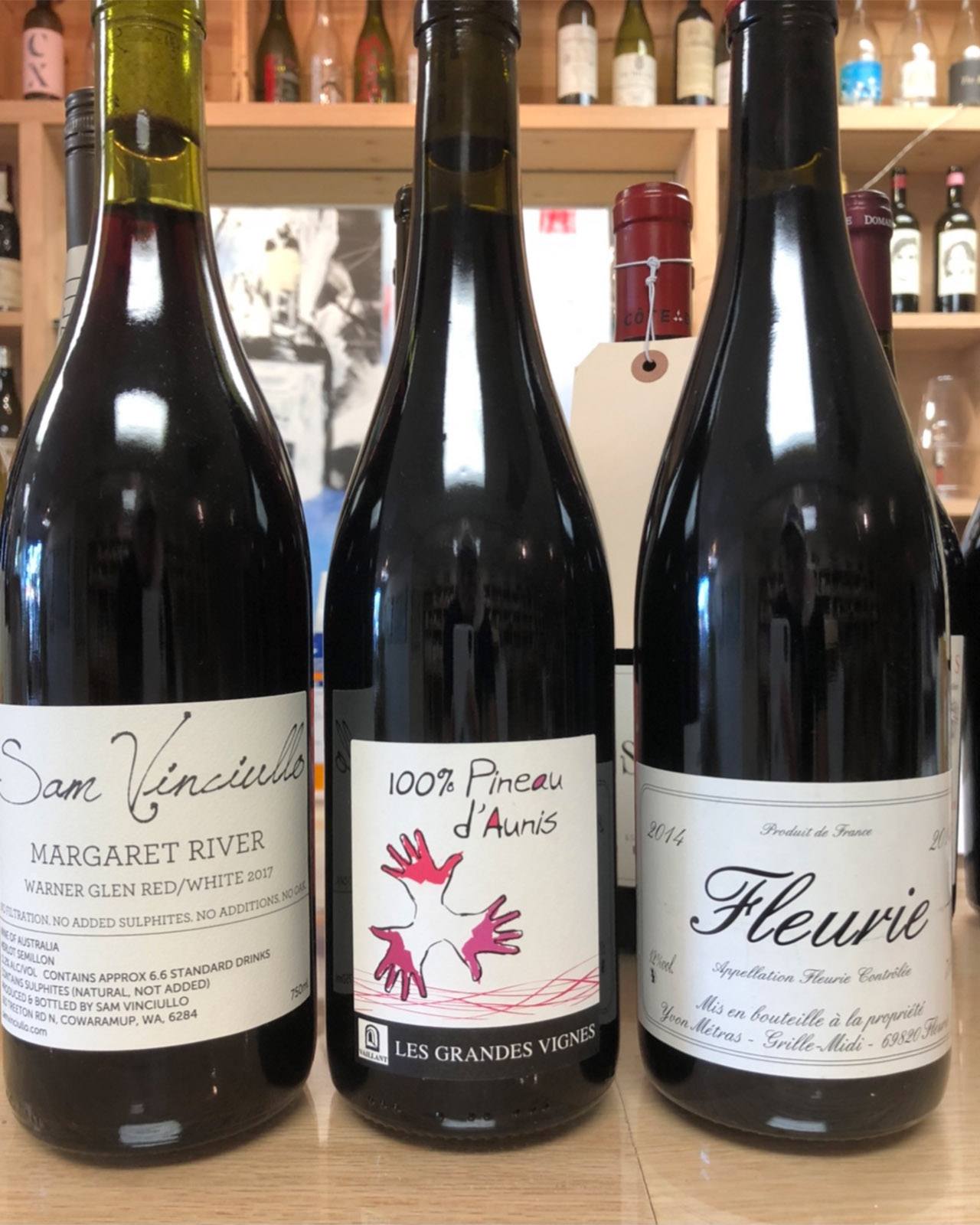
A selection of wines available at Natural Wines Naples, in Naples, Florida.
Ask a dozen wine experts what constitutes “natural” wine, and you’ll likely receive a dozen different answers. While most agree that natural wine comes down to an avoidance of additional sulfites—which act as a preservative to keep the wine from turning into vinegar—and yeast (for fermentation), there are plenty of other factors to take into account. “Natural wine is the return of wine as an agricultural product. That means farming that fosters abundant microbial life in the soils without agrochemicals. It means allowing grapes to ferment spontaneously with their own healthy natural yeast populations,” says Peter Rizzo, owner of Natural Wines Naples, who has also lectured and written extensively on wine for 30 years.
“Ultimately, the wine is made without adding foreign or synthetic substances.” Rizzo adds that natural wine is typically made with less than 50 ppm of sulfites, while conventional wine might include up to 350 ppm of sulfites (along with pure dry sugar and a host of other additives, like ammonium phosphate, silicon dioxide, coloring and gelatin).
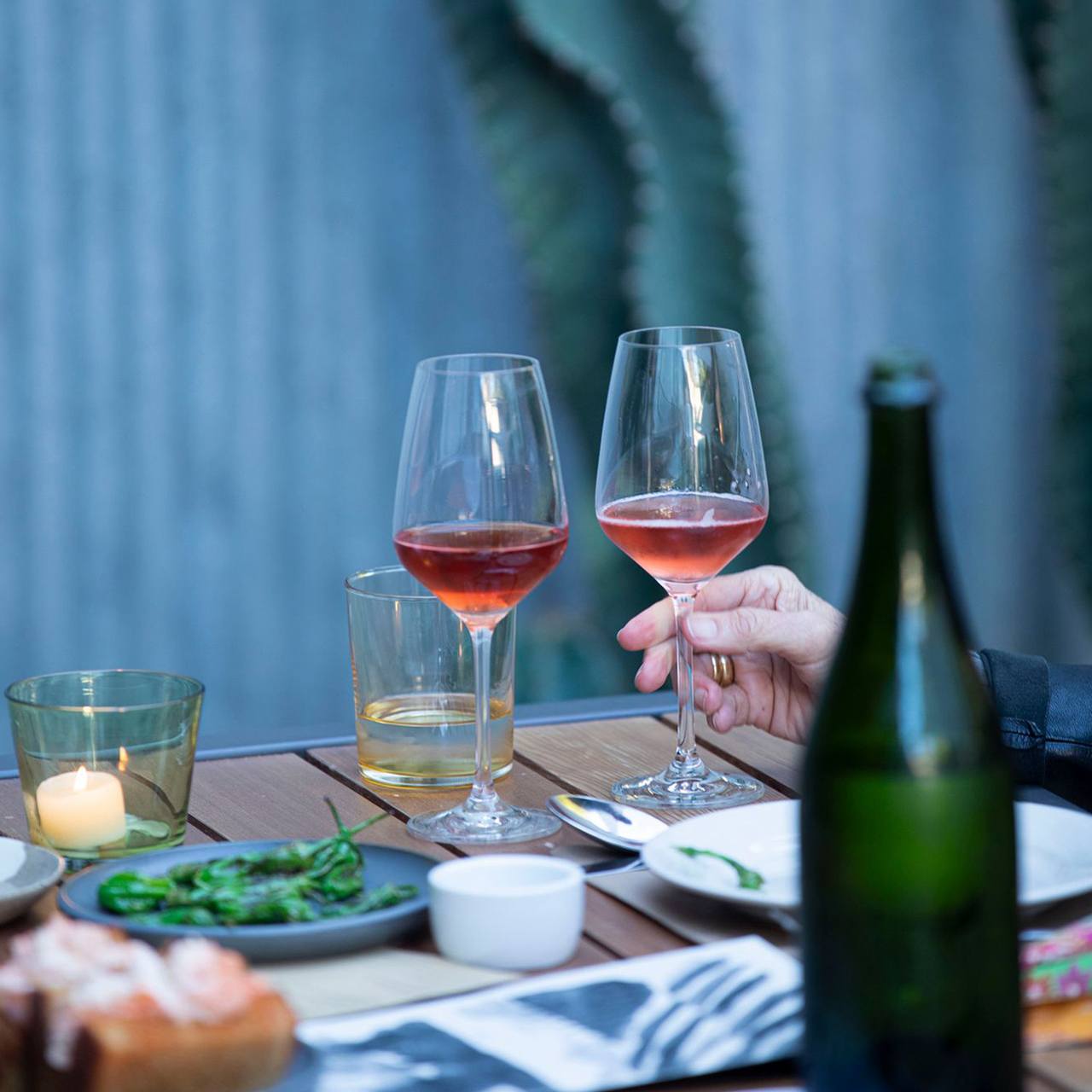
Sonoma’s Valley restaurant opened last summer and places an emphasis on wine that is sustainably grown. Photo by Conor Hagen.
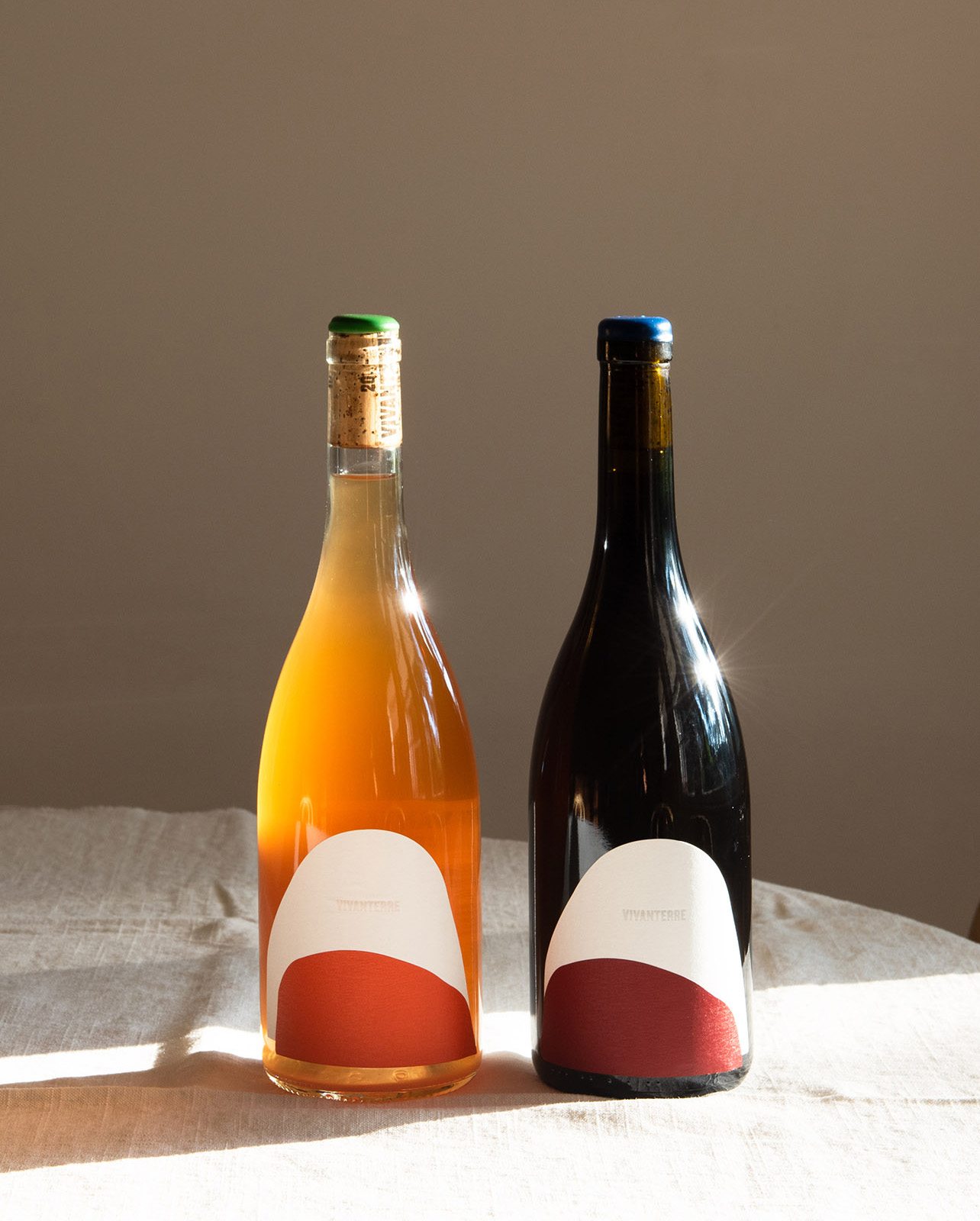
Vivianterre’s Orange Contact SGU and Red Gamay MVB. Photo by Nicole Cohen.
From Naples to Napa, New York to New Zealand, producing and highlighting natural wines has become increasingly popular. “I’ve been working in the wine industry since 2007 when ‘natural’ wine wasn’t really the buzz word it is today,” recalls Lauren Feldman, a wine consultant and specialist. “I first got turned on to natural wines when I was working at a restaurant in New York’s West Village, and our wine director was really focused on farming practices and seeking out producers who merged tradition and culture with a respect for nature. Still today, natural wine isn’t a regulated or defined term, but the deeper implications have to do with farming—making natural wine from fruit that has been farmed in a respectful way.” Feldman, who is now based in Sonoma, runs Valley, a restaurant, wine bar and shop, with partners Tanner Walle, Emma Lipp and Stephanie Reagor, where natural wines take center stage.
While these “natural” methods of making wine date back thousands of years, there is an undeniable boom in this trend of late. Even fashion designer Rosie Assoulin, along with her husband, Max, got interested in the movement and launched their own natural wine, Vivanterre, last year, along with the help of French producers Patrick Bouju and Justine Loiseau and sommelier Cedric Nicaise. The brand is more about a philosophy than a product; its wines are created in the Auvergne region of France using only organically and biodynamically farmed grapes with no additives. The debuts, Red Gamay MVB and Orange Contact SGU, have nearly sold out, and the brand plans to introduce two new varietals this spring.
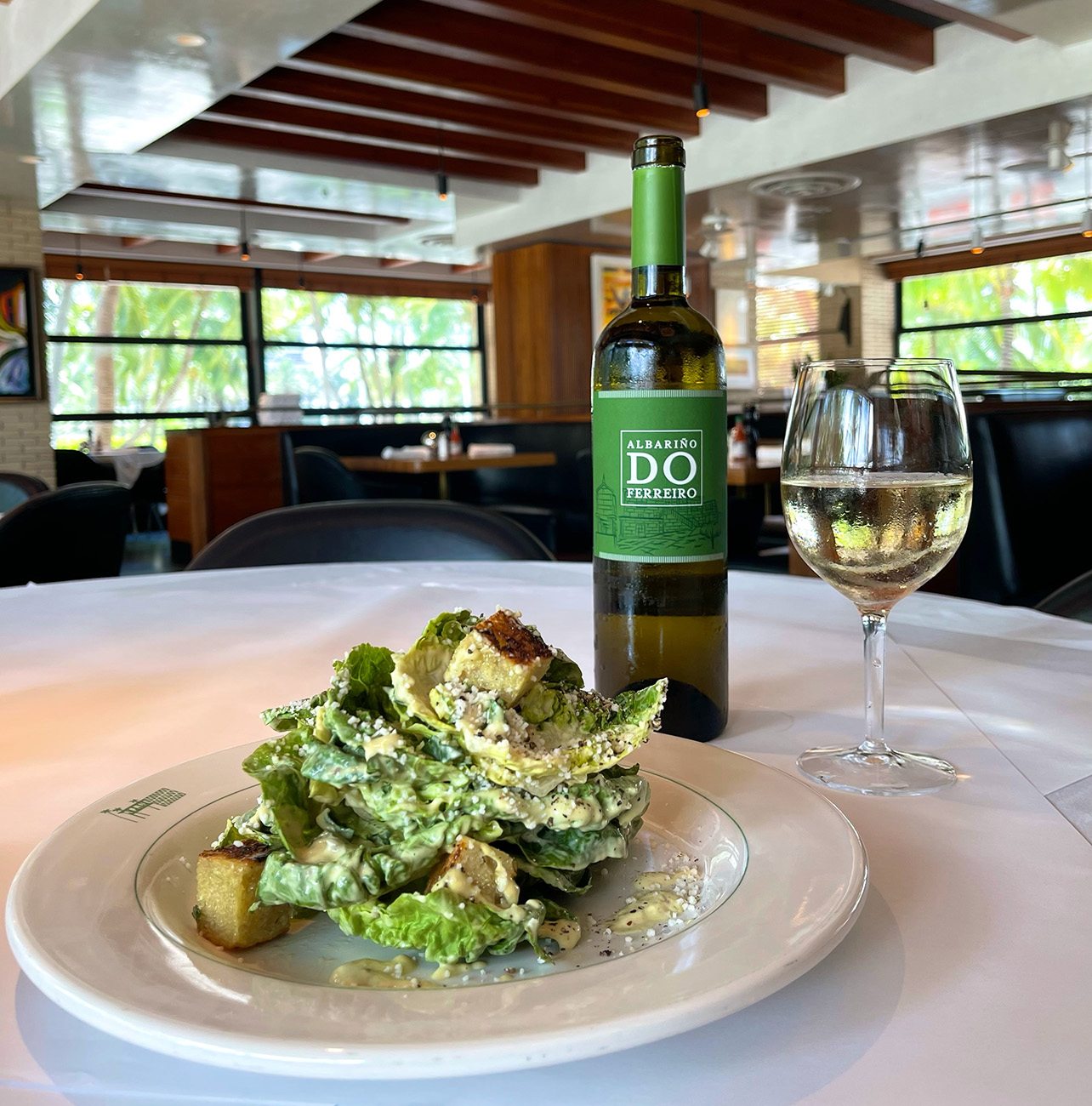
Do Ferriero Alberiño natural wine and Hillstone Caesar salad.
At Hillstone at Bal Harbour, bar manager Ramesh Meanger keeps plenty of natural wines on the menu. “Our wine list at Hillstone is built so that you can drink about 90 percent of the list with just about anything on the menu,” says Meanger. “It really depends on how you want to define ‘natural,’ but we do offer many that are vegan, organic, carbon neutral, biodynamic and/or containing zero-to-very-little added yeast and sulfites.” Some of his favorites include the Do Ferreiro Albariño, whose natural and wild yeast yield a crisp finish that pairs wonderfully with a Caesar salad. He also cites the Crosby Roamann merlot for being 100 percent carbon neutral and pairing well with roasted chicken. “One of our most popular wines, which is also vegan, organic and biodynamic, is Seresin sauvignon blanc, which pairs extremely well with any of the salads and starters on the menu,” he says.
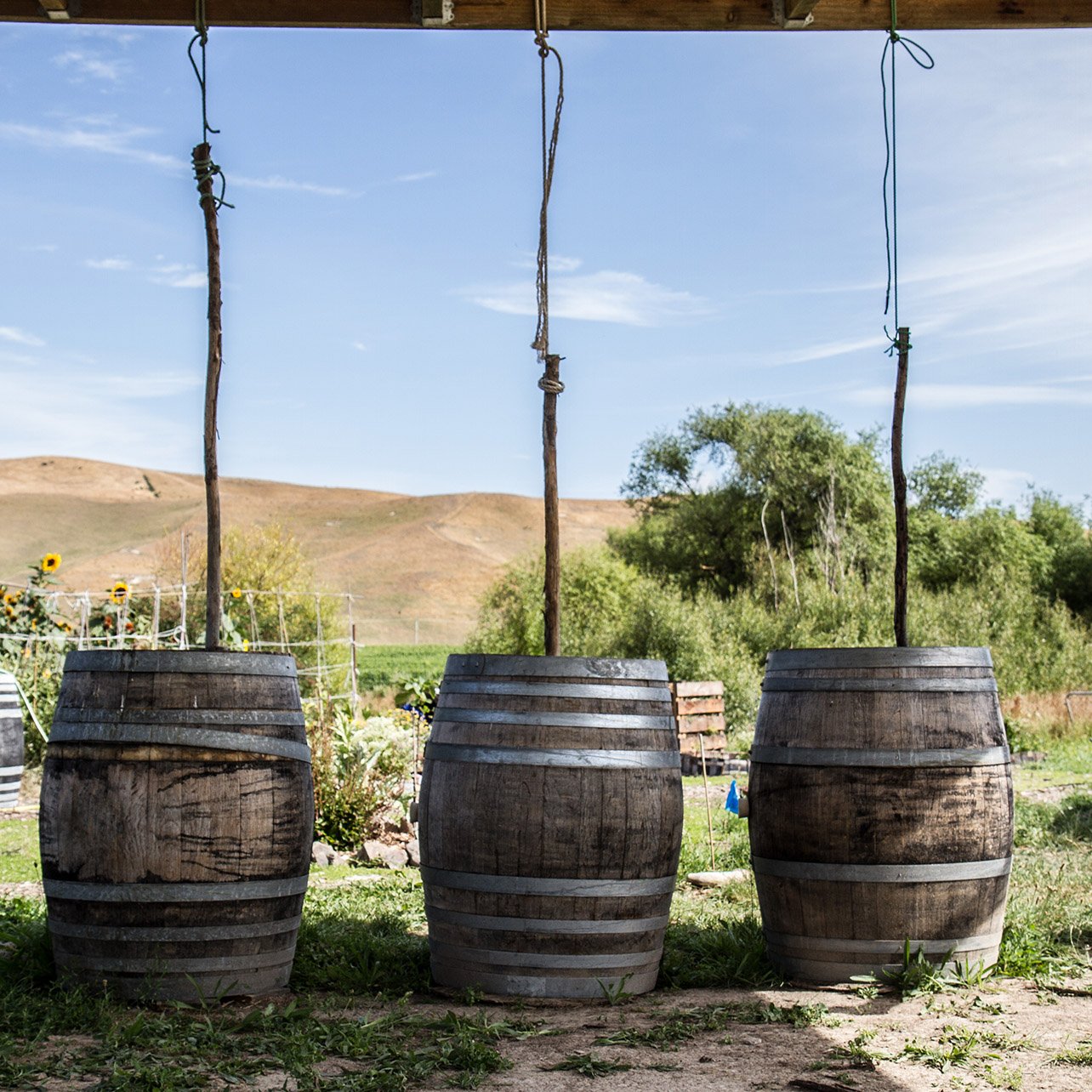
Wine barrels at Seresin Vineyard, which are used as a part of its biodynamic production process.
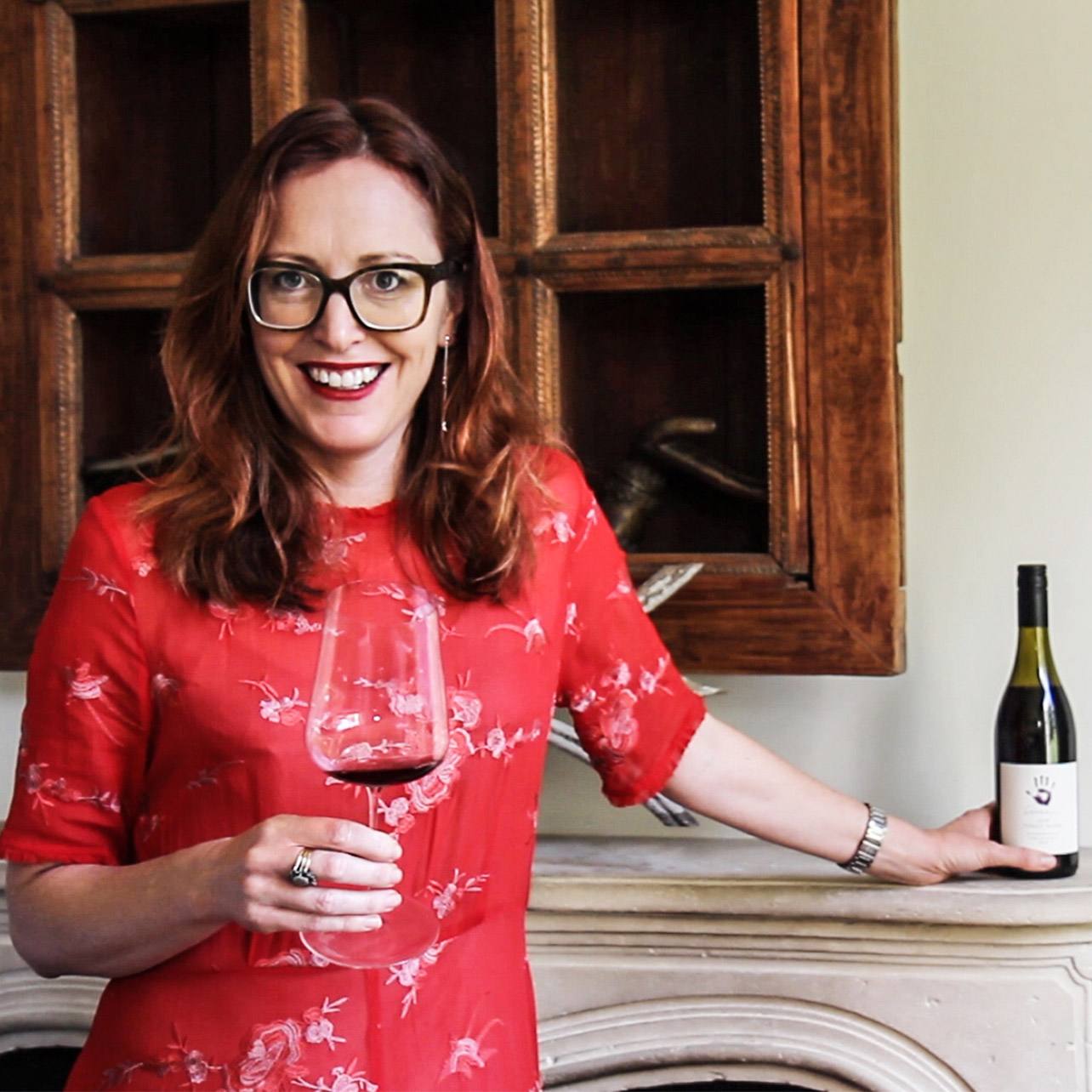
Seresin’s winemaker Tamra Kelly-Washington joined the company in 1999.
Located in the Marlborough region of New Zealand, Seresin has been producing wines for more than 25 years that combine sustainable farming methods with a natural approach. “I first came to Seresin in 1999, and they’ve always been the leaders in the country for creating wines with minimal intervention,” says the vineyard’s winemaker Tamra Kelly-Washington. “I think that conventional wine still has a place—and there are obviously some very good ones out there—but we are all in the head space now of wanting to buy directly from the farmer and seeking out small production to support local communities. When you think about how much is available to the consumer now, natural wines are just so much more appealing.

